
Make This Christmas Pain-Free: 10% Off on Supportive Wear!
Holidays are coming, which means that let’s welcome them with joy, laughter, and, of course, some comfort! At 360 Relief,
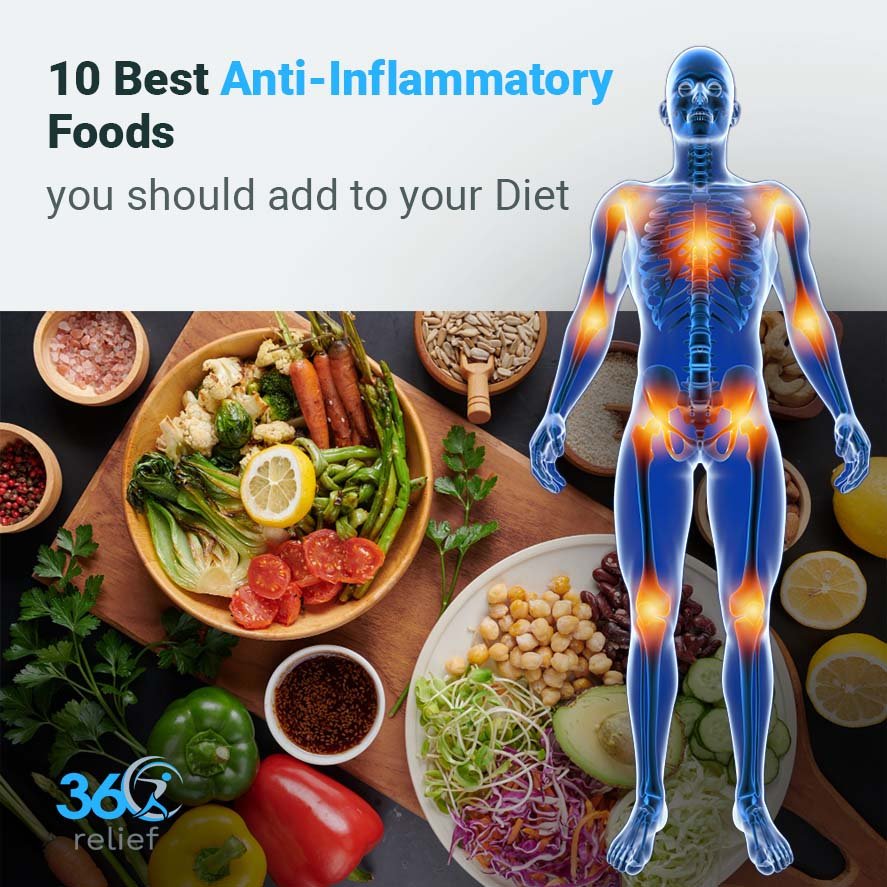
What is inflammation?
Inflammation may be both good and bad for our bodies. Our body activates the immune system when it encounters offending agents, including bacteria, viruses, and toxic chemicals. The immune system is also activated when our body suffers from an external injury. The immune system then sends out inflammatory cells, attacking bacteria and helping to heal the injured area. On the other hand, when the body continuously sends out inflammatory cells when you are not sick or injured, you may have chronic inflammation. Inflammation may result from several chronic diseases, including Alzheimer’s disease or arthritis.
We can classify inflammation into two main categories, including acute inflammation and chronic inflammation:
Table of Contents
ToggleThe common causes of inflammation may be different and depend upon your condition. For example, the common causes of acute inflammation may include an infection, an injury, and exposure to an object or substance. On the other hand, chronic inflammation may result from sensitivity, exposure to an irritant, autoimmune disorder, autoinflammatory disease, and persistent acute inflammation. Other factors contributing to the development of inflammation may include older age, obesity, diets enriched with unhealthy fats and added sugar, low sex hormones, stress, sleep problems, and smoking.
The common signs and symptoms of inflammation may vary depending on your conditions. For example, acute inflammation may result in pain, swelling, redness, loss of function, and heat. On the other hand, chronic inflammation may result in pain and fatigue. Chronic inflammation may continue for months or years and be linked to various diseases, including;
Whenever you feel such symptoms, you must consult your GP or healthcare professionals to diagnose the problem. Once the problem is diagnosed, healthcare professionals suggest possible treatment plans depending on your condition. Common treatment plans may include non-steroidal anti-inflammatory drugs and corticosteroid injections. However, the most effective way to combat the symptoms of inflammation is to eat foods enriched with anti-inflammatory ingredients. The further discussion is a detailed account of the anti inflammatory foods, that keep your body safe from inflammation. Check out what foods you should add to your daily diet to get maximum benefits:

Green vegetables are enriched with great nutrients, including fibre, vitamin K, and folate. As well as this, they also contain anti-oxidants that may have anti-inflammatory effects on the body. Studies have also shown that green vegetables – especially cruciferous vegetables, may also decrease the risk of cancer and heart diseases. Cabbage, kale, broccoli, and cauliflower, are some cruciferous vegetables. Try to add these vegetables to your daily diet routine, maximising the results. It is advisable to consult your GP or healthcare professionals and ensure the intake of green vegetables as per their recommendation.
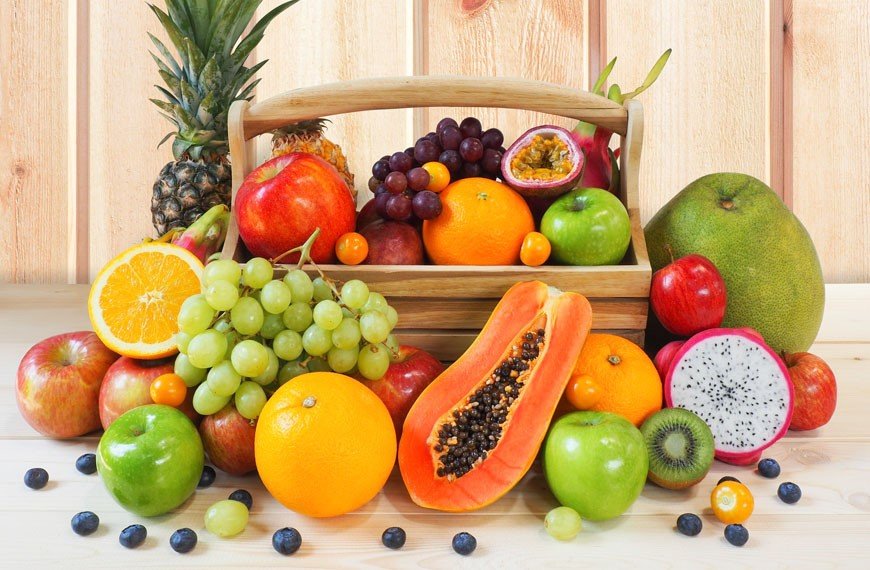
Colourful fruits may also help you reduce the symptoms associated with inflammation. At the same time, the intake of colourful fruits is also recommended to reduce the chances of inflammation. Colourful fruits, including apples, grapes, pomegranate, and others contain antioxidants, such as anthocyanins, ascorbic acid, and carotenoids. These compounds are considered the best anti-inflammatory ingredients, making your body free of radicles that promote inflammation. As well as this, these ingredients may also help you prevent cancerous diseases and heart problems.

Research indicates thatnuts are comprised of a variety of healthful components that protect your body against inflammation. These components include fibre, magnesium, unsaturated fatty acids, anti-oxidants, α-linolenic acid, and l-arginine. Studies have also shown that the intake of nuts or these mentioned components may also help you reduce the risk of type-2 diabetes and heart diseases. The recommended nuts to combat inflammation may include pecans, pistachios, peanuts, walnuts, hazelnuts, and almonds.

Green tea is another effective anti-inflammatory agent, helping you reduce inflammatory factors associated with chronic inflammatory diseases, including inflammatory bowel disease and rheumatoid arthritis. A study suggests that drinking up to 5 cups of green tea a day may help reduce gut inflammation and blood sugar level. However, you must take green tea as much as your healthcare professionals suggest you take.
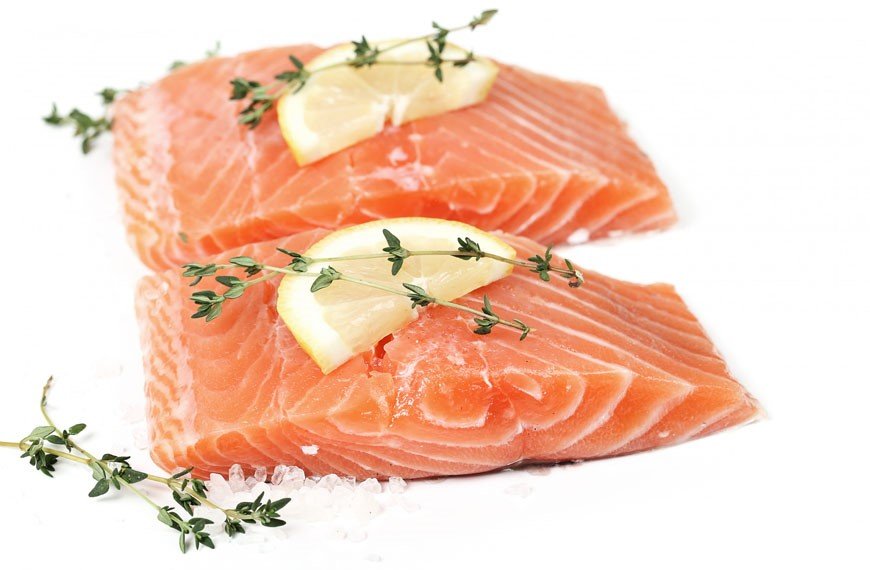
Fishes, including tuna, sardines, and salmon are considered to be anti-inflammatory as they are enriched with omega-3 fatty acids. A study consisting of middle-aged and elderly women revealed that the risk of developing rheumatoid arthritis is 29% less in those who consistently take one or more servings of fish each week.

Beans, including lentils, black beans, and other members of the legume family help decrease inflammation as they are loaded with antioxidants and fibres. Beans are a good source of protein without consuming red meats which may increase inflammation.
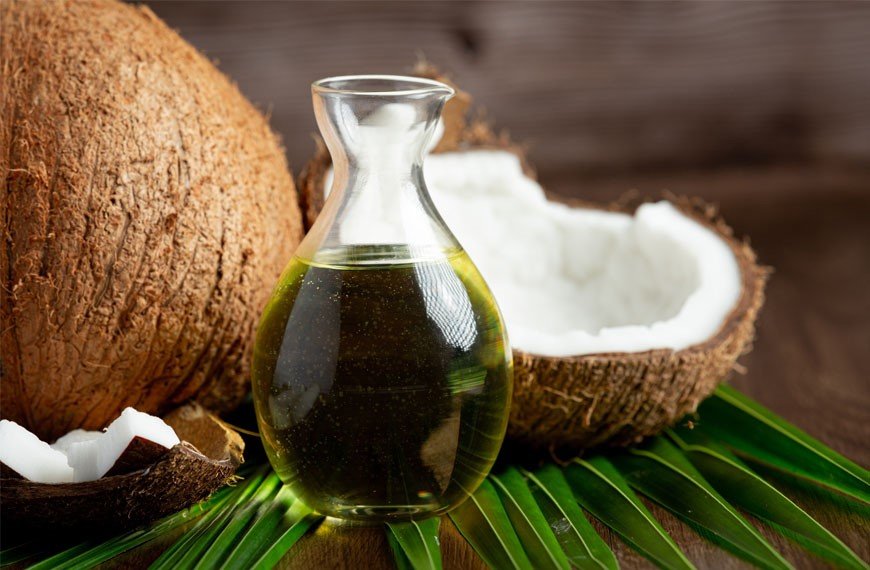
Olive oil and coconut oil have healthy sources of fats, possessing some anti-inflammatory properties. You can add any of this oil to the food. Olive oil is considered a crucial part of the Mediterranean diet. It also helps reduce the risk of brain cancer and heart disease. Coconut oil in the diet is the best inflammation treatment as it helps reduce the symptoms of inflammation and oxidative stress. Studies have shown that virgin olive oil and coconut oil both have the highest amount of antioxidants.

Almost all kinds of berries, including blackberries, blueberries, and raspberries contain anti-inflammatory properties. Berries are enriched with anthocyanins – an antioxidant. These compounds contain anti-inflammatory effects, helping your body produce natural killer cells – keeping your body safe from chronic diseases.
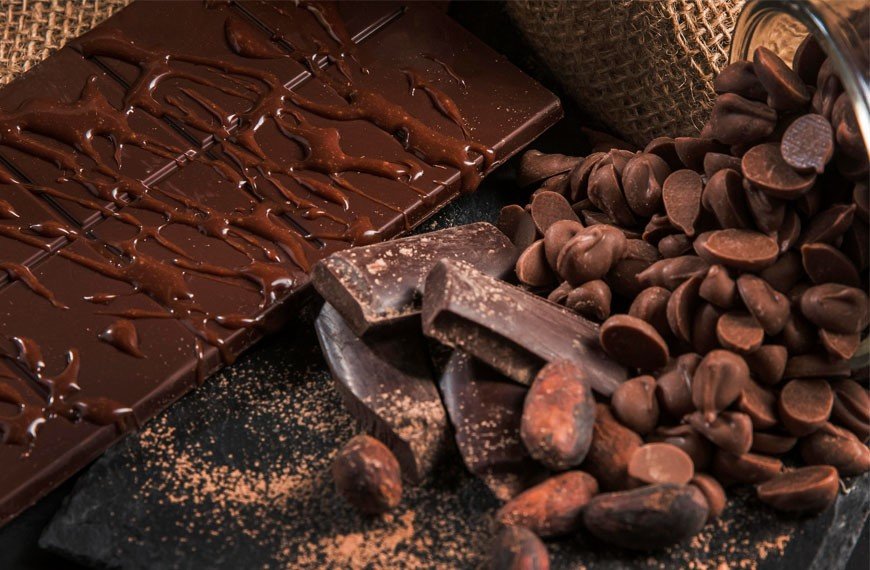
Studies have shown that dark chocolates and cocoa are fully loaded with antioxidants – helping reduce inflammation or are best at inflammation prevention. Flavanol is one of the most important components of dark chocolate that has anti-inflammatory effects, keeping the lining of your arteries healthy. Chocolate is also a rich source of zinc, helping boost your immunity.
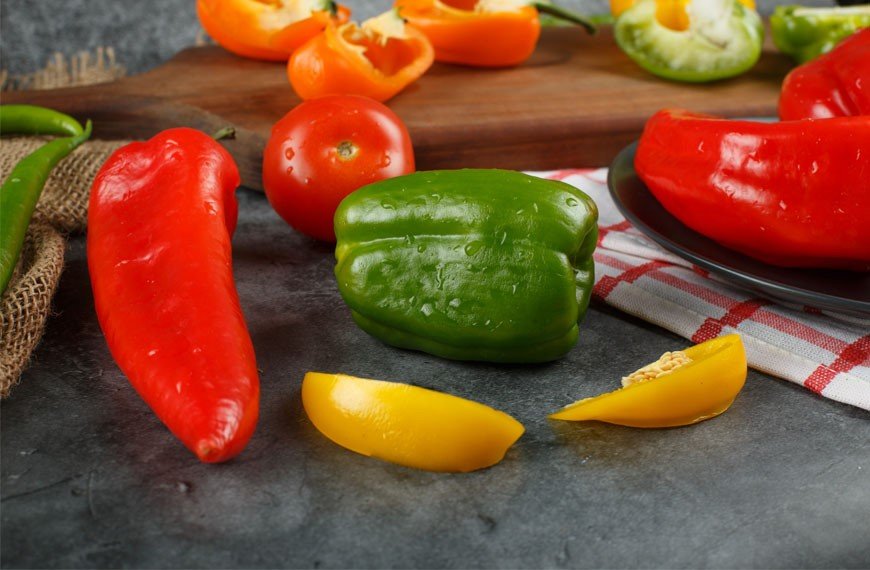
When it comes to talking about anti-inflammatory foods, we can never deny the value of peppers, including bell and chilli peppers. These peppers are enriched with antioxidants and vitamin C, having powerful anti-inflammatory effects. Bell peppers contain quercetin – an antioxidant that helps reduce the signs of oxidative damage resulting from sarcoidosis. On the other hand, chilli peppers have ferulic acid and sinapic acid. These components help reduce inflammation and the signs of ageing.
Indeed, all these foods help you reduce the signs and symptoms associated with inflammation. But the thing you should keep in mind is the right intake of these foods. For this purpose, you must consult your GP or healthcare professionals and let them decide what food is best according to your needs. As excess of everything is bad, the same case may also be implied when eating anti-inflammatory foods. So, ensure that you take the right food in the right amount to get maximum benefits.

Holidays are coming, which means that let’s welcome them with joy, laughter, and, of course, some comfort! At 360 Relief,

Happy Cyber Monday to everyone; it is a perfect occasion for 360 Relief to offer a special discount of 10%

This Black Friday, take advantage of exclusive 10% savings on some of 360 Relief’s best-selling compression socks and support braces!

Everyday life includes walking up stairs, but knee discomfort can make this basic activity difficult. Walking up or down stairs

Cooking is a beloved activity for many, but for those struggling with knee pain, standing in the kitchen can quickly

We’ve all been there. On a ride in a car, for instance, to the country home for a weekend break

Gardening is enjoyable for many people and those who like tending to their lawns and plants usually find it therapeutic

Do you have a painful knee problem that takes you to physiotherapy…for an injury that hampers your daily living…your workout

Training can be very much associated with some pains and injuries that may be experienced by the trainers. As there

Office workers often spend hours seated at their desks, focusing on tasks while unknowingly putting their health at risk. The

Winter often brings more than just a change in weather; for many, it also means dealing with unexpected swelling in

Compression socks have become a critical tool for athletes across all sports. Whether you’re a marathon runner, cyclist, or weightlifter,

October marks the beginning of National Cholesterol Month in the UK, a time dedicated to raising awareness about cholesterol and

Overall, there is nothing to match the experience of watching musicians perform live in an outdoor concert in Glastonbury. However,

Today charity runs have gained popularity as a way of raising cash for a cause in the United Kingdom. From
Please enter your email to subscribe to our newsletter for exclusive offers and updates
Copyright © 2025 | 360 Relief Ltd | Sitemap

